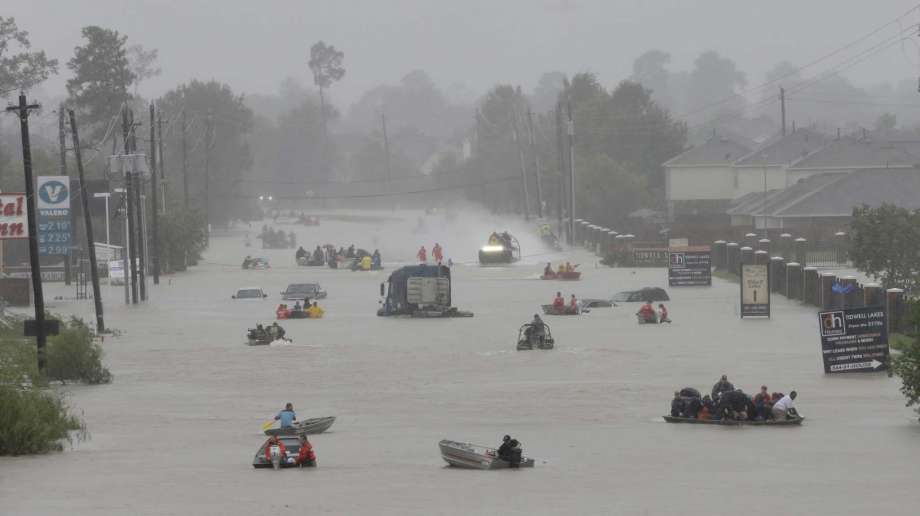One of the most compelling parts of each issue of n+1 magazine is “The Intellectual Situation,” a section in which the magazine’s editors grapple with the most urgent political and cultural problems of our time, often with refreshing insight and sardonic humor. In the Winter 2019 issue, they grapple global warming, especially our collective sense of defeat in the face of this existential threat. The piece traces how we progressed from concern, to alarm, to resignation about the problem, and argues that we are much closer to a massive conversion to renewable energy than it might seem. Here’s an excerpt:
The looming prospect of a panoply of belligerent, Blut und Boden regimes has always been one of the scariest potential political outcomes of widespread ecological collapse. Through a series of accidents and “influences,” we got our version early in the United States. We can and should get rid of it, but the paranoid energies that enabled its triumph are durable and already have pervaded much of the world. Trumpism is our first national response to climate change, and it’s a brutal, fearful, vengeful, and gloating response — one that predicts and invites warfare on a global scale. For all the terrible statistical projections, alarming models, and buried reports, what’s most immediately terrifying to the human imagination about climate change is the revelation of how large numbers of our species behave under conditions of perceived threat, scarcity, and danger.
Trump’s election has dragged us kicking and screaming into the Climate Change Era, even as so many of the discussions around Trump and his party distract us from seeing it. If there was ever a time when climate change, née global warming, was “a topic” to be discussed dispassionately, speculated about, and debated in chilly board rooms, classrooms, and One Dag Hammarskjöld Plaza, now it is a present danger and reality tangled up in every political issue. Any unrest, whether in the Sahel, the Middle East, or Myanmar’s Rakhine state, where the Rohingya minority have been effectively wiped off the map — pretty much anything, even the uniquely stupid Brexit — could be said to really be “about” climate change. The same with the fates of New Orleans, Houston, Puerto Rico, and so on. The inextricability of people and climate has been understood and written about since at least the late 1980s and early ’90s, when Bill McKibben’s The End of Nature and Gore’s Earth in the Balance came out, but now the effects are far more pronounced. No one can plausibly claim ignorance. You either know and know, or you know and deny, or you don’t even know you know, but have absorbed the knowledge through subtler means, whether collective anxiety or just something in the air.
Image: Houston, Texas after Hurricane Harvey, 2017. Via the Houston Chronicle.
